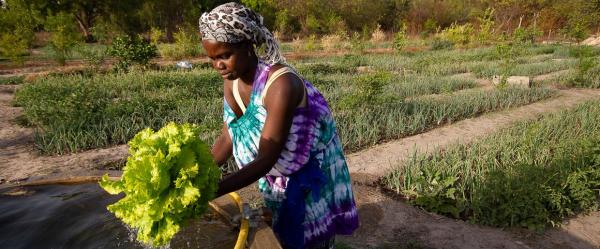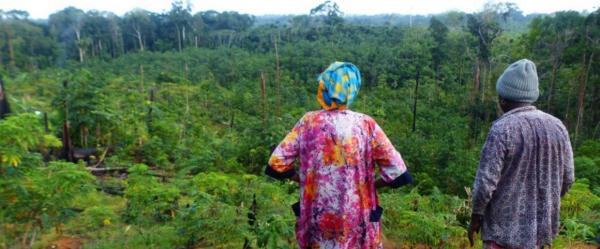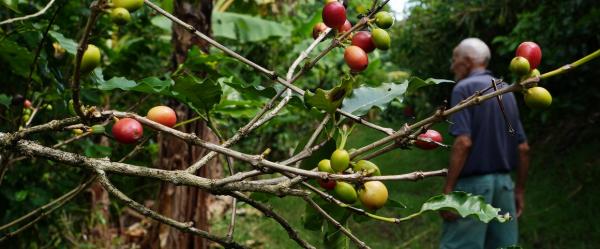Science at work 25 February 2026
- Home
- CIRAD news
- News
- Agricultural value chains through the lens of sustainable development
Agricultural value chains through the lens of sustainable development

Agricultural value chains are appropriate point of entry for drafting policies aimed at alleviating poverty © R. Belmin, CIRAD
Green beans in Kenya, aquaculture in Cambodia, cocoa in Ecuador, etc, etc. Are these value chains inclusive? Polluting? Do they create jobs, and do they benefit or adversely affect food security? Since 2016, the VCA4D - Value Chain Analysis for Development - project has been working to find answers.
VCA4D is coordinated by the European consortium Agrinatura and funded by the EU (DG Intpa), and generates tangible, factual information on the impacts and performance of agricultural value chains across every aspect of sustainable development. The studies conducted reflect the concerns of the various EU delegations and governments in partner countries when making decisions.
Environmental, social and economic indicators
To date, 44 studies have been completed. They are based on a methodology that combines quantitative indicators and qualitative data. "The conclusions include a range of proposals for decision makers", says CIRAD's Frédéric Lançon, Scientific Director of the project for the Agrinatura consortium.
To exploit the information obtained, a knowledge base is under construction with the Basic agency. Skill-building operations are also being launched, both to enable national experts to conduct such studies and for users. A serious game will help decision makers use the study results more effectively to inform food and economic policy dialogue.
What lessons can be drawn from these studies?
A two-day conference has been organized to discuss the lessons to be drawn from all these value chain studies and the best ways of supporting policy dialogue. Several synopses will be presented, on specific topics that apply to the VCA4D studies, such as the role of women in agricultural value chains and the links between value chain structuring, jobs and inclusivity.
The conference will be held in English, with French and Spanish translation. A summary will be available in the next few weeks.
For the European Union, agricultural value chains are an appropriate point of entry for taking action and for drafting policies aimed at alleviating poverty in rural areas. Those value chains drive several levels of a country's production system, such as incomes, jobs and rural development, while being closely linked to food security and environmental and health issues.



























